
One of the predominant components of Danish culture is language. Danish is the official language of Denmark, but there are several minority languages, including German and Greenlandic. Around 86% of Danes also speak English as a second language, and often a third language, German or French. About 13% of Danes can also understand Swedish.
Read more
The European Free Movement of Workers agreement makes finding a job in Denmark as a foreigner much easier. Especially from legal point of view. It means that you can live and work in Denmark without a visa or work permit. Your ability to find a job depends upon your language skills. English is a bonus, but it helps to be fairly fluent in Danish. If you are moving for employment, the administrative details may be handled by the employer. It is wise to get a written contract if possible. A verbal contract gives little protection. Denmark has a number of schemes in place to help highly skilled foreigners live and work in the country.
Read more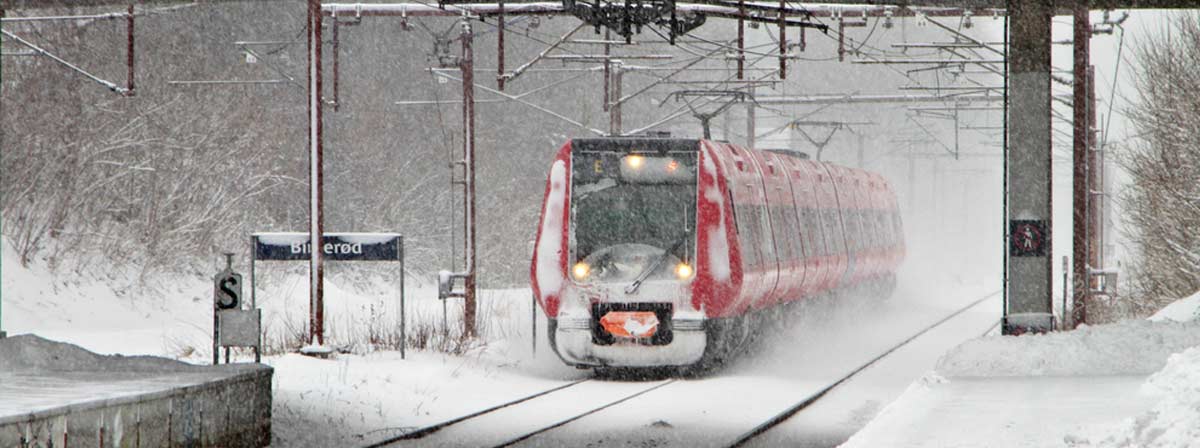
Denmark conforms to European rules and standards. Each year the Danish Road Directorate publishes a leaflet called Motorvej which has maps of the motorways, places to stay, city maps, service stations and important traffic regulations.
Read more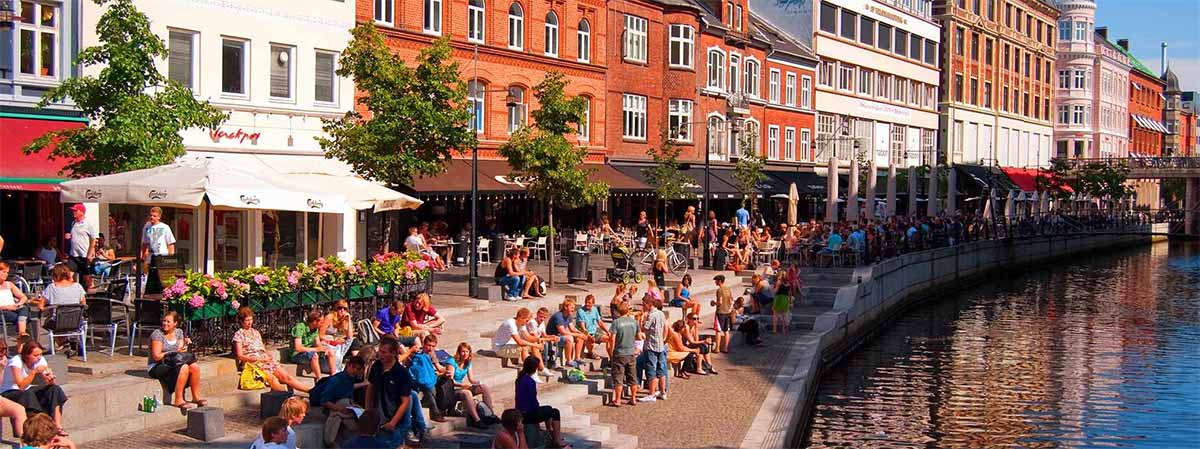
How is it that the Danes have been ranked the happiest people in the world, every year since 1973? This was when the EU decided to set up a “Eurobarometer” to measure happiness. It seems that there are two important contributors to happiness: trusting people you don’t really know and a casual attitude towards money. Rather than buy things, the Danes tend to spend on activities they enjoy. You are not judged by the kind of car you drive or the designer label sports gear you parade. This all makes social life in Denmark rather delightful.
Read more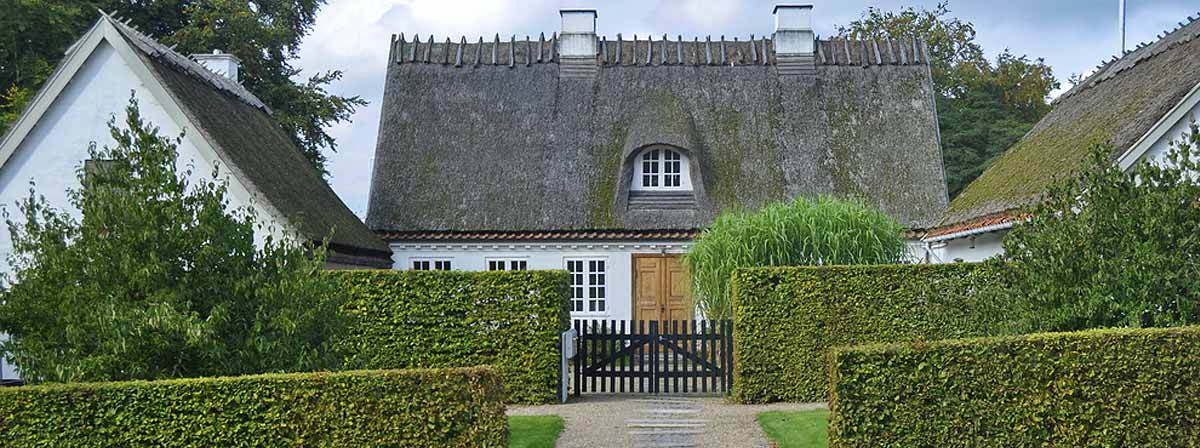
As an UK citizen, being EU member, when relocating to Denmark, with a residence permit, there are no general restrictions for buying a house in Denmark. You are able to buy a home there, although there are certain specific restrictions in popular holiday areas for foreign ownership. These rules were designed to prevent the coastal areas being overrun by German second home buyers. Be sure you understand everything before you sign anything — use an interpreter if necessary. The usual steps are as follows.
Read more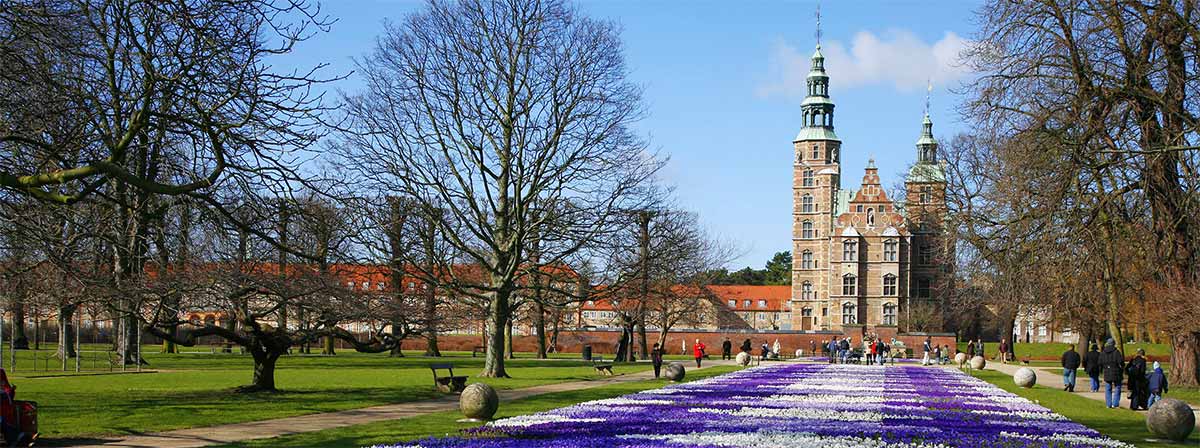
The Danes are ranked the happiest people in the world (Happy Vikings) — and if your family has lived in Britain for a thousand years or more, you may well be related to them. Between the 8th and 11th centuries the Danes were the Vikings, and many UK citizens have some Viking blood in them. Do you have Viking blood in you? If so, relocating to Denmark may very well be just coming home.
Read more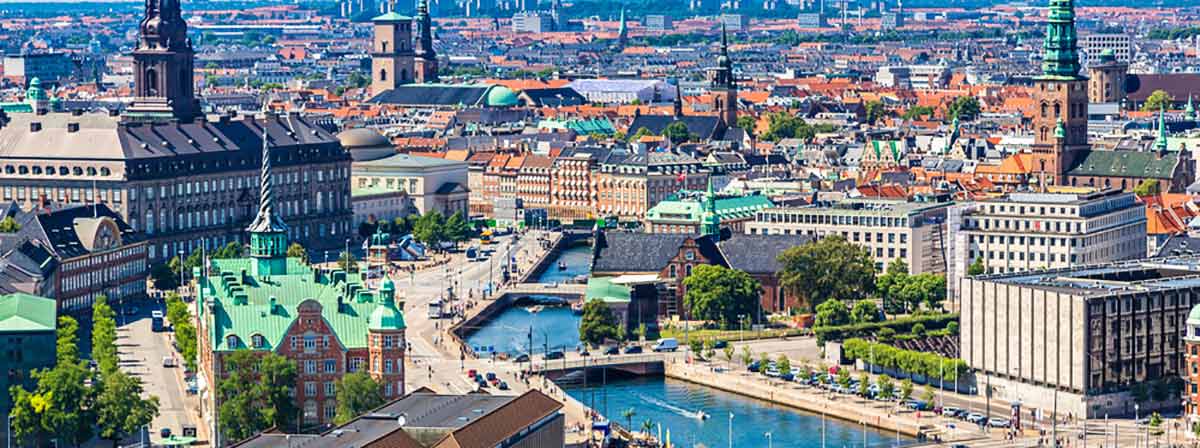
There are relatively few formalities to consider when moving to Denmark from the UK. If you are an EU citizen, you just have to apply for an EU residence permit within 90 days of arriving in Denmark. You will need to present an employment contract or proof of your ability to finance your stay in Denmark or proof that you have a family relationship with a EU citizen living in Denmark. If you are a non-EU citizen, you have to apply for a residence permit before arriving in Denmark.
Read more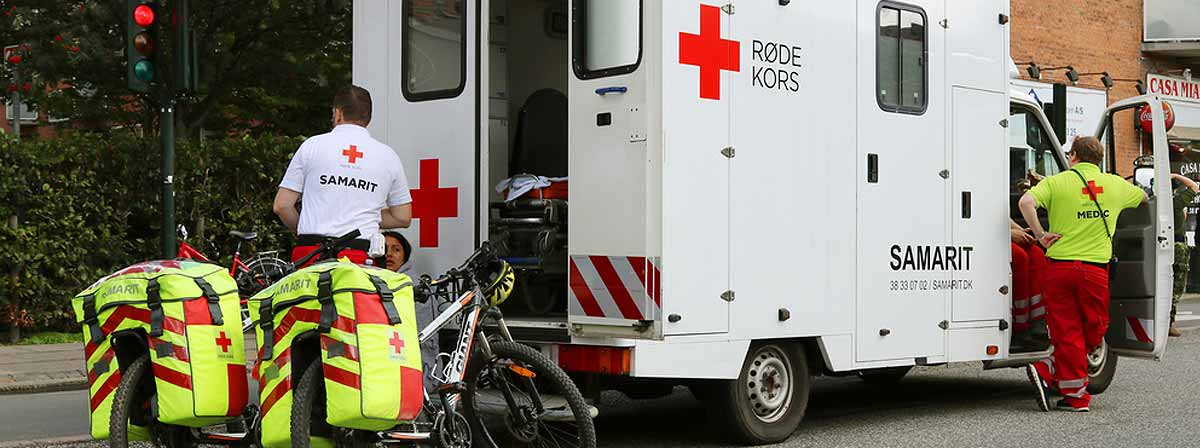
When you move to Denmark you have to register with the Civil Registration Office in your region to obtain a health insurance card and your CPR number. The medical care in Denmark is financed through income tax, and is free. The health insurance card is sent to you by your municipal authority and is proof that you are entitled to public health treatment. The card states your name, address and CPR number, and the name and address of your GP. Keep all your receipts as they might be needed by you when you apply for reimbursement.
Read more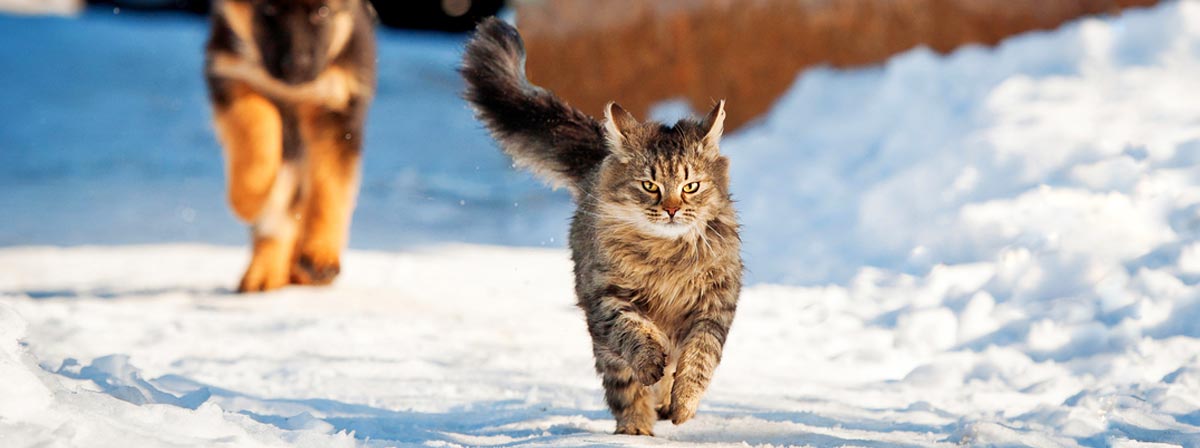
Pets are generally allowed and accepted most places in Danish society, with cats and dogs being the most popular house pets. Ferrets have become rather popular in recent years as well, and rabbits, hamsters, guinea pigs, birds and fish are also quite common. There is an abundance of pet shops all over Denmark, and it is easy to get supplies and accessories for your pet even in some general grocery stores and supermarkets, which makes moving to Denmark with pets look non-problematic from the supply angle.
Read more